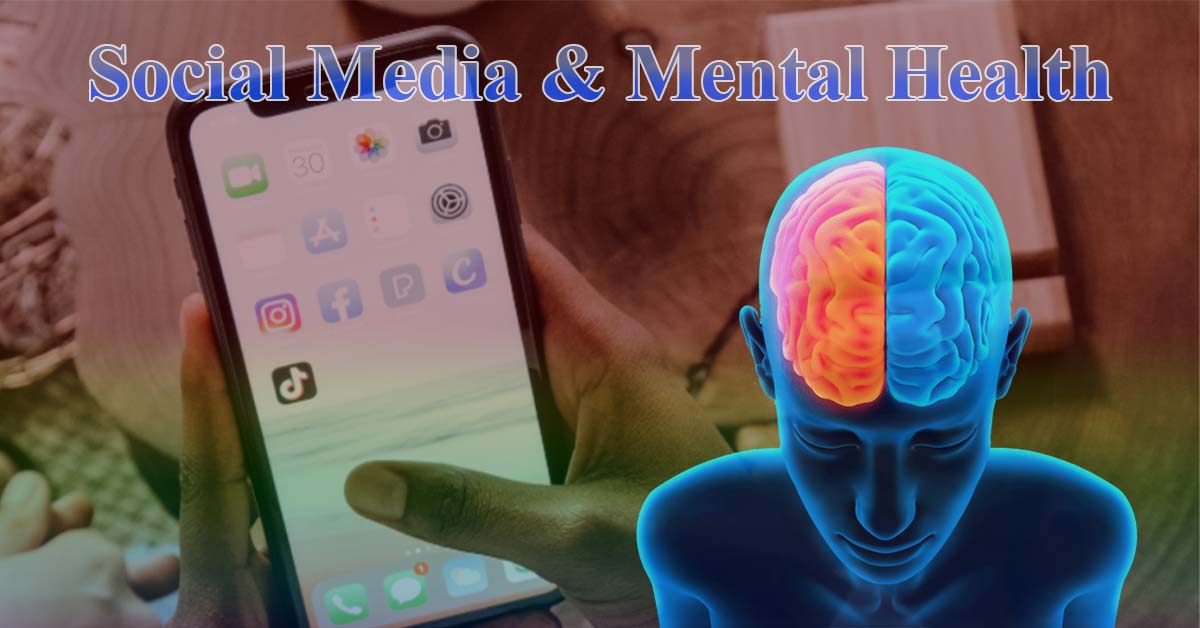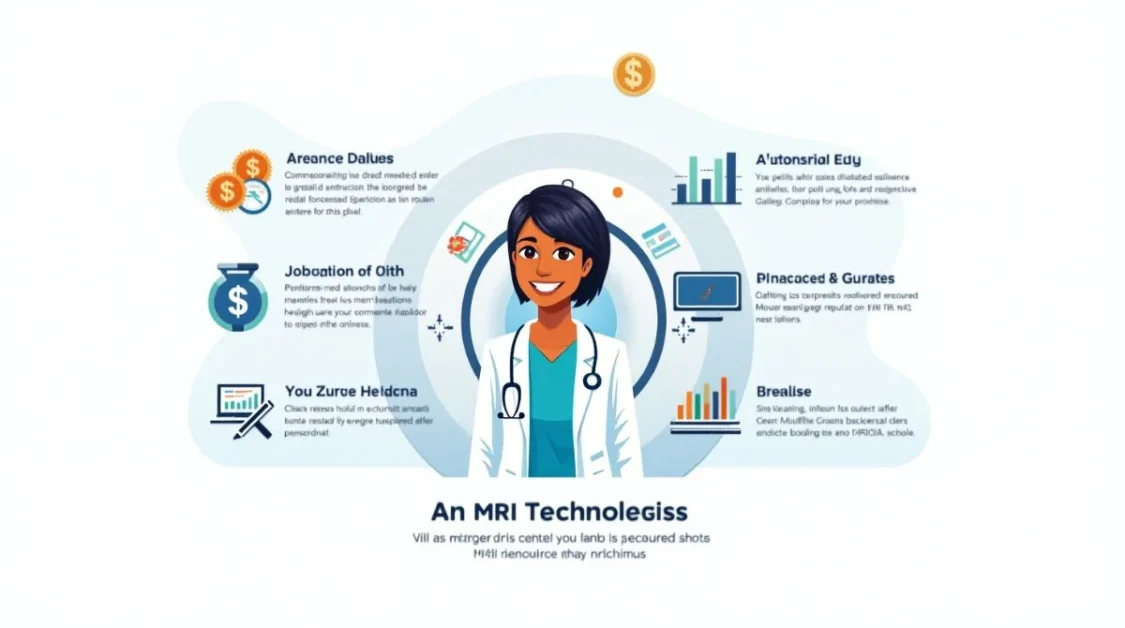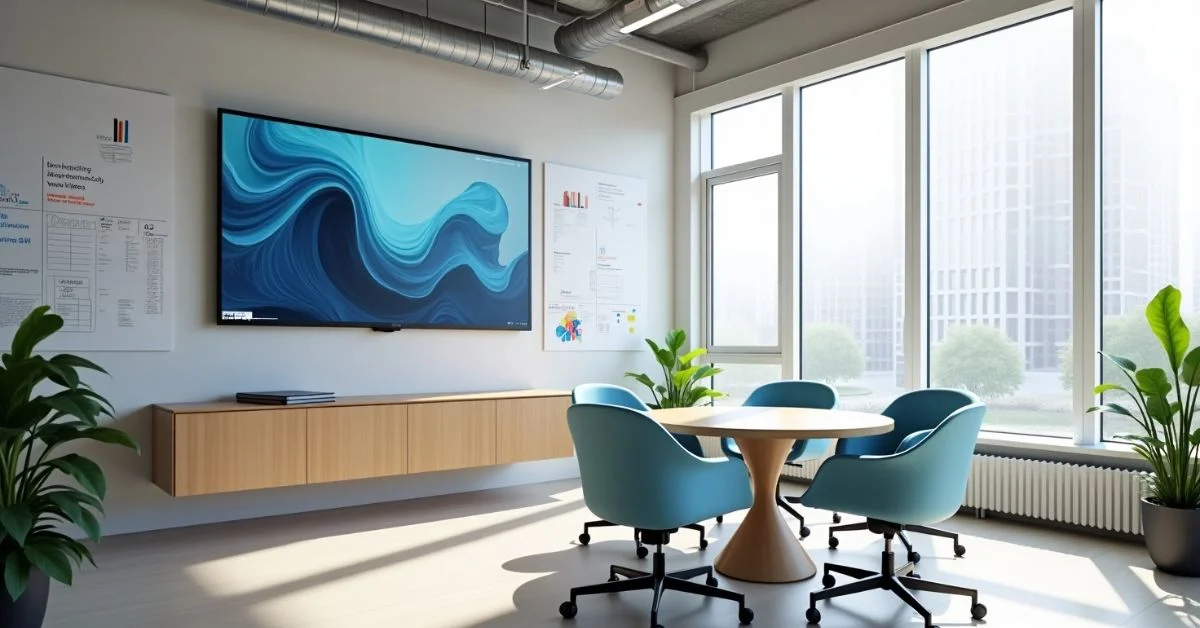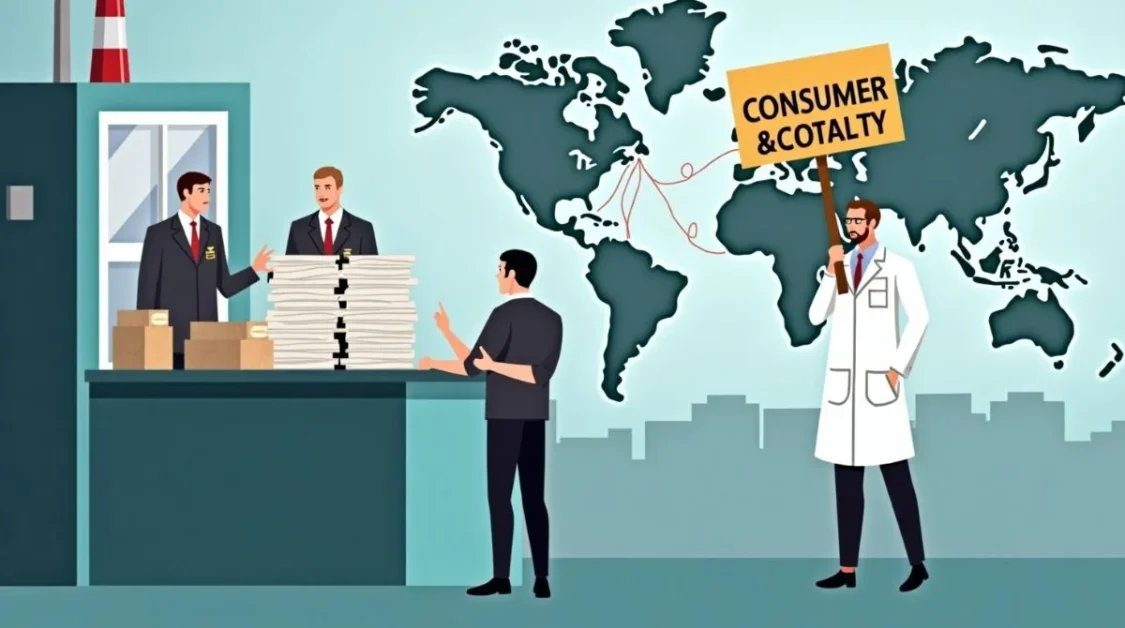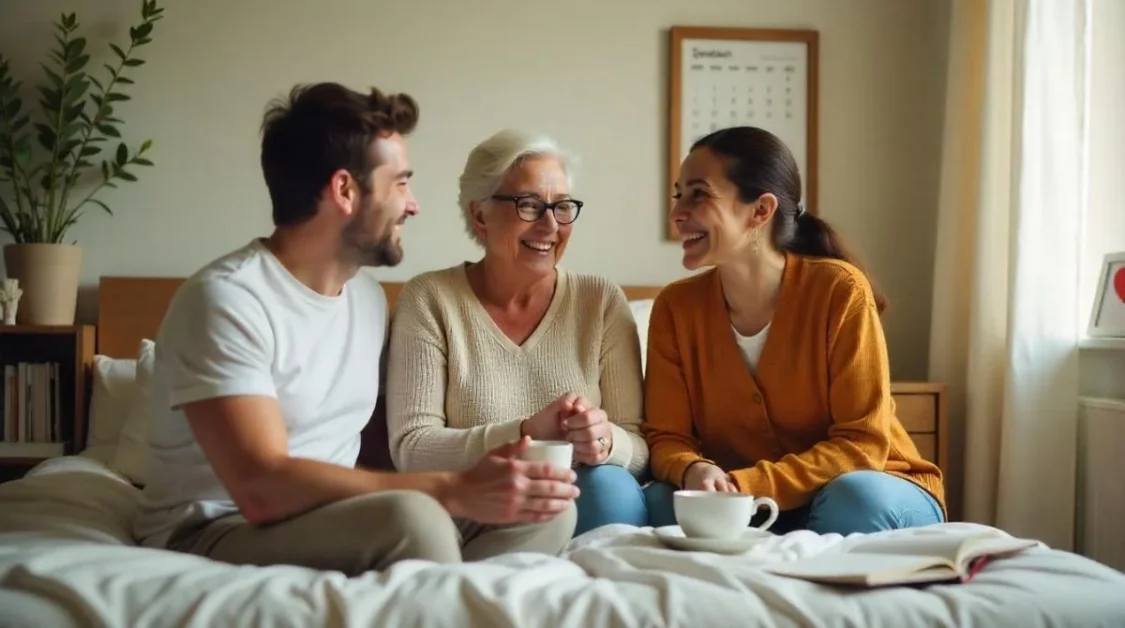Social media has become an important part of our lives. It enables us to connect with people, stay up-to-date with current events, and share our experiences with others. However, social media has also been linked to mental health issues, such as depression, anxiety, and low self-esteem. In this article, we will explore the complex relationship between social media and mental health.
The Benefits of Social Media
Social media has numerous benefits, including:
- Connection: Social media platforms allow us to connect with friends and family, even if they live far away. It also enables us to make new friends and connect with like-minded people.
- Information: Social media provides us with information on current events, news, and trends.
- Entertainment: Social media platforms offer a variety of entertaining content, such as videos, memes, and games.
- Business: Social media is a valuable tool for businesses to reach potential customers and promote their products.
- Rules & Regulations: Social media laws maintain balance & deliver have a positive impact on the online communities.
The Negative Effects of Social Media on Mental Health
While social media has its benefits, it can also have negative effects on mental health, including:
- Depression: Research has shown that social media use is linked to depression, particularly among young people. This may be due to the constant comparison to others and the pressure to present a perfect image online.
- Anxiety: Social media use can also lead to anxiety, as users may feel the need to constantly check their profiles for new likes, comments, or messages.
- Low Self-Esteem: Social media can also have a negative impact on self-esteem, as users may compare their lives to others and feel inadequate.
- Cyberbullying: Social media platforms can be a breeding ground for cyberbullying, which can have serious mental health consequences.
Tips for Using Social Media in a Healthy Way
It’s important to use social media in a healthy way to avoid negative effects on mental health. Here are some tips:
- Limit your time: Set a limit on the amount of time you spend on social media each day. This will help you avoid getting sucked into the endless scrolling cycle.
- Unfollow or mute negative accounts: If there are accounts that make you feel bad about yourself, un-follow or mute them.
- Avoid comparisons: Remember that people only post their best moments on social media, so it’s not an accurate representation of their lives.
- Take breaks: It’s important to take breaks from social media to focus on other activities and to give your mind a rest.
- Seek help if needed: If social media is having a negative impact on your mental health, don’t hesitate to seek help from a mental health professional.
Conclusion
Social media has become a ubiquitous part of our lives, but it’s important to use it in a healthy way to avoid negative effects on mental health. While social media can lead to depression, anxiety, low self-esteem, and cyber-bullying, it also has numerous benefits, such as connection, information, entertainment, and business opportunities. By setting limits, avoiding negative comparisons, and seeking help if needed, we can use social media in a way that supports our mental health.
